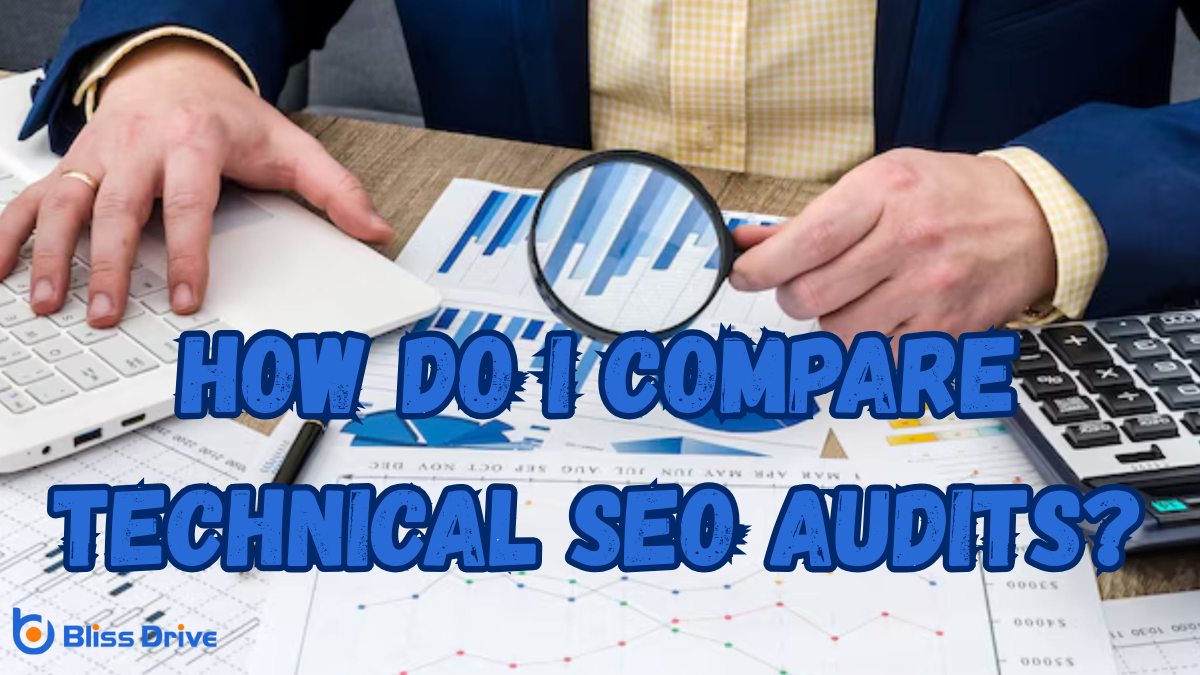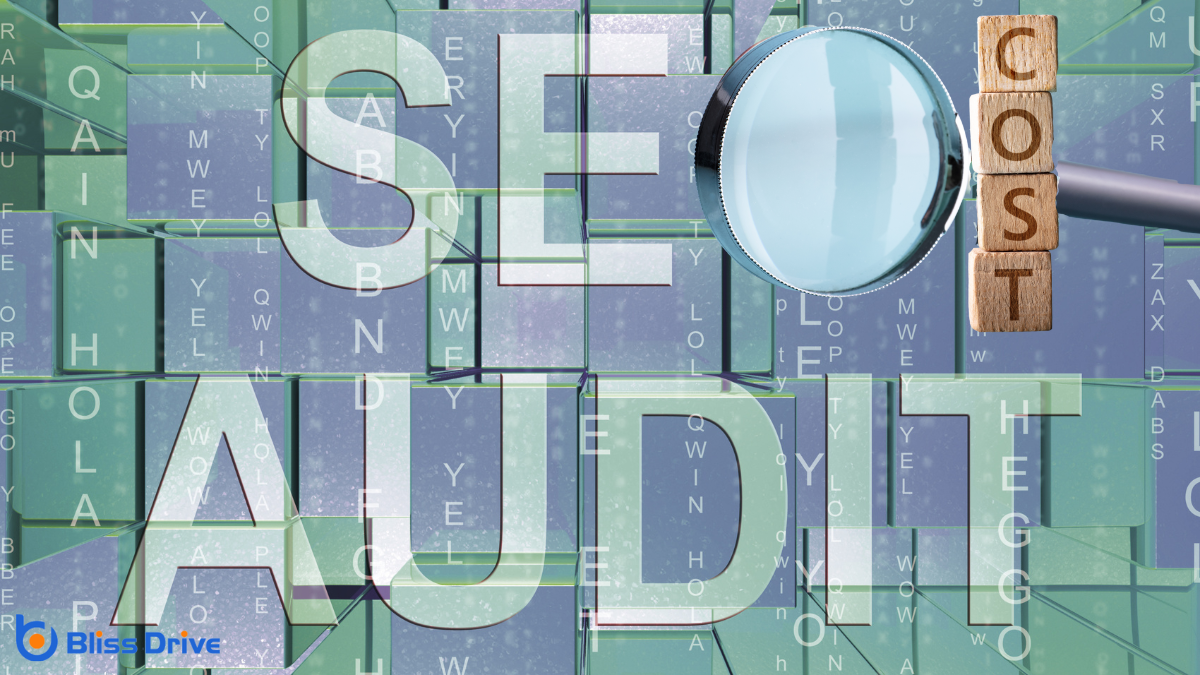Learn More About Us

When comparing technical SEOOptimizing the server and website structure to improve search engine crawling and indexing. audits, start by looking at what each audit covers—crawlability, site speed, mobile-friendliness, and more. Check the tools and methodologies used, ensuring they align with current standards. Explore the depth and breadth of the reports; are they offering detailed analyses and actionable solutions? Consider the cost-effectiveness too: are the insights worth the investment? And what about ongoing support? There's a lot to unpack.
When diving into technical SEO audits, it’s vital to grasp the fundamental components that guarantee your website's ideal performance.
Your first focus should be on crawlability. Search engines need seamless access to your site's content. Verify your robots.txtA file that tells search engine crawlers which pages or files they can or cannot request from your s... and sitemap are correctly configured.
Next, consider site speed. Faster load times improve user experience and rankingsThe position at which a website appears in the SERP.. Check for unnecessary scripts or large images slowing you down.
Mobile-friendliness is important, too. With more users on mobile devices, responsive designA web design approach that makes web pages render well on a variety of devices and window or screen ... can't be ignored.
Finally, confirm your site is secure with HTTPS. It not only protects users but also boosts trust with search engines.
Understanding these key components helps you optimize effectively, confirming your site stands tall in search results.

While exploring the world of technical SEO, it's crucial to choose the right tools that will streamline your audit process and enhance your site's performance.
Start by identifying your specific needs—some tools excel in crawlingThe process by which search engines discover new and updated web pages to index., others in analyzing site speed or mobile-friendliness. Look for features like user-friendly interfaces, thorough reporting, and the ability to integrate with other platforms you use.
Compare tools like Screaming Frog, SEMrush, and Ahrefs, which offerThe specific product or service being promoted by affiliates. robust features but differ in focus and pricing.
Don't forget to evaluate the learning curve and support options available. Free trials are a great way to test them out before committing.
Choosing the right SEO auditA thorough analysis of a website’s SEO performance and areas for improvement. tools is just one part of optimizing your site's performance; understanding the methodologies behind these audits is equally important.
You should look at how different audits approach data collection and analysis. Some methodologies prioritize crawling and indexingThe process of adding web pages into a search engine's database., focusing on how search engines discover your content. Others might emphasize on-page elements like meta tagsHTML tags that provide information about a web page to search engines and visitors. and content structure. Recognize which aspects are vital for your site's specific needs.
Consider if the audit methodology aligns with current SEO best practices. It's important to assess the logical flow and clarity of the analysis. A well-structured methodology will help you pinpoint problems and suggest actionable solutions.
How do you determine the true value of an SEO audit report? Start by examining its depth and scope.
Depth involves how thoroughly the report analyzes each aspect of SEO, such as site architecture, page speedThe time it takes for a webpage to load, affecting user experience and conversion rates., and mobile optimizationDesigning and formatting web content to ensure it performs well on mobile devices.. Does it dig into specific problems and offer actionable solutions?
Scope, on the other hand, refers to the range of areas covered. A detailed audit should include technical, on-page, and off-page elements. Look for a balance—too narrow, and you might miss significant issues; too broad, and you risk superficial analysis.
Check if the report customizes its findings for your unique needs or just provides a generic overview. Understanding these dimensions helps you gauge how well the audit can enhance your SEO strategy.

After evaluating the depth and scope of an SEO audit report, the next step is to contemplate its cost-effectiveness. You need to weigh the audit's price against the potential return on investment.
Consider how the insights provided can impact your site's performance and revenue. Are these findings actionable and likely to enhance your SEO strategy? It's vital to guarantee you're not just paying for a report but for genuine improvements.
Look at the audit provider’s reputation and past client success storiesA feature on platforms like Instagram and Facebook where users can post photos and videos that disap.... Do they offer ongoing support or just a one-time analysis?
Additionally, compare audit solutions by checking for hidden fees or extra charges for follow-up consultations. By doing this, you'll make an informed decision guaranteeing your investment drives significant value.
When comparing technical SEO audits, focus on the key components like crawlability, site speed, and mobile-friendliness. Make sure the audit tools and methodologies align with best practices. Look for detailed reports that offer actionable solutions tailored to your site. Consider the cost-effectiveness by weighing insights against potential ROI. Don’t forget to check if ongoing support is available. By evaluating these aspects, you’ll choose the audit that best meets your needs and boosts your site's performance.
